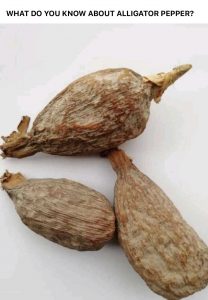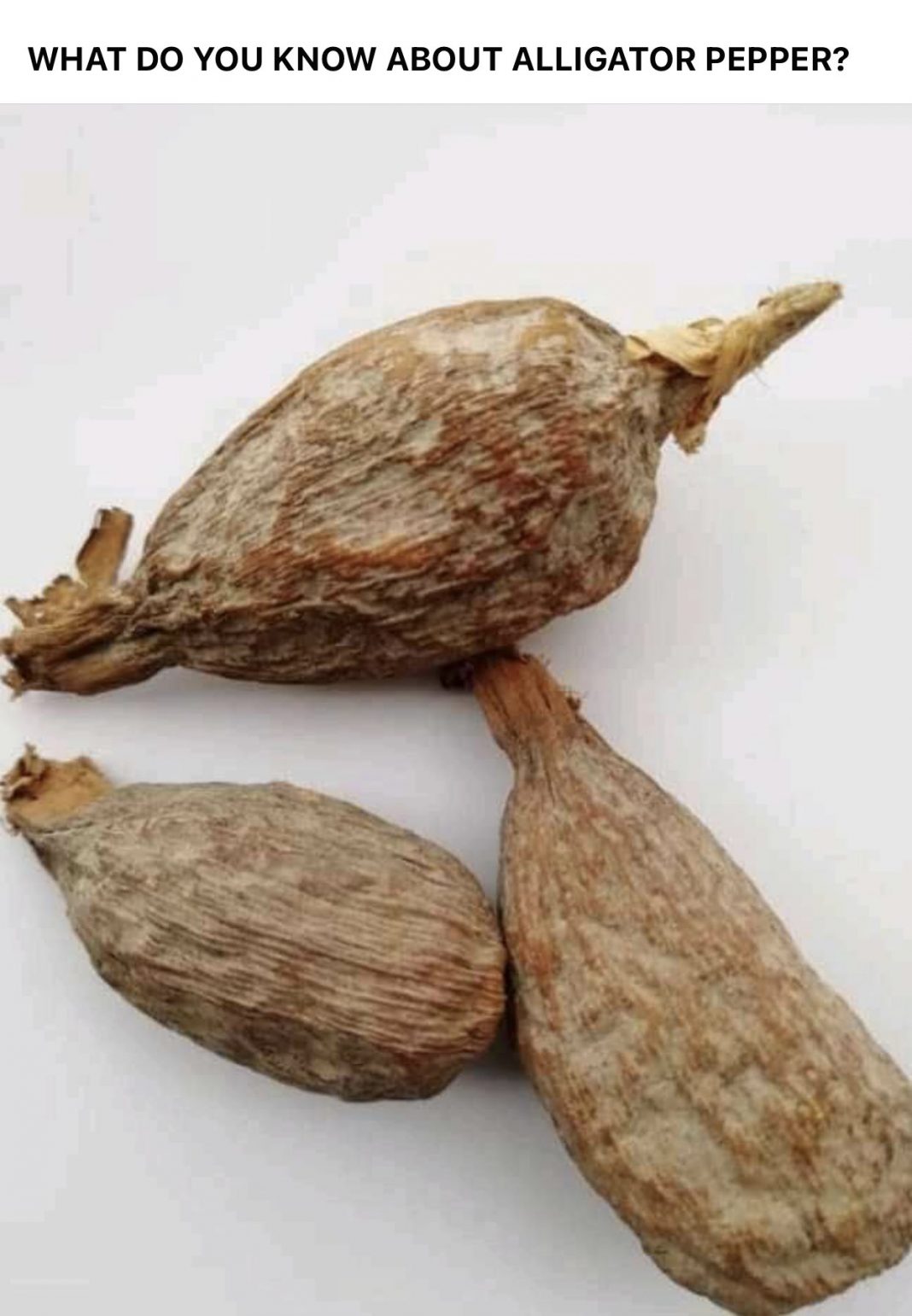Is alligator pepper good for low blood pressure?
Welcome to www.nimedhealth.com.ng
Alligator pepper is known to lower blood pressure especially for persons living with hypertension…if alligator pepper reduce high blood pressure, then it will not be the best treatment for low blood pressure as it will make it worse. Imagine taking something that will worsen what you are trying to treat….since you already have low blood pressure called hypotension, alligator pepper will further dip the blood pressure.
For example, if your blood pressure is say 80/60 mmHg which is low, taking alligator pepper may reduce it further to say 60/40mmHg which may kill the person or send the person to a coma.
You can see why alligator peppwr is bad for low blood pressure (hypotension).

What is low blood pressure or hypotension?
Hypotension is low blood pressure. Your blood pushes against your arteries with each heartbeat. And the pushing of the blood against the artery walls is called blood pressure.
Having a lower blood pressure is good in most cases (less than 120/80). But low blood pressure can sometimes make you feel tired or dizzy. In those cases, hypotension can be a sign of an underlying condition that should be treated.
Blood pressure is measured when your heart beats, and in the periods of rest between heartbeats. The measurement of your blood pumping through your arteries when the ventricles of the heart squeeze is called systolic pressure or systole. The measurement for the periods of rest is called diastolic pressure, or diastole.
Systole supplies your body with blood, and diastole supplies your heart with blood by filling the coronary arteries.
CAUSES OF HYPOTENSION
1. Pregnancy, due to an increase in demand for blood from both mother and the growing fetus
2. Large amounts of blood loss through injury
3. Impaired circulation caused by heart attacks or faulty heart valves
4. Weakness and a state of shock that sometimes accompanies dehydration
5. Anaphylactic shock, a severe form of allergic reaction
6. Infections of the bloodstream
7. Endocrine disorders such as diabetes, adrenal insufficiency, and thyroid disease
8. Medications
SYMPTOMS OF HYPOTENSION
1. fatigue
2. lightheadedness
3. dizziness
4. Nausea
5. clammy skin
6. depression
7. loss of consciousness
8. blurry vision
TYPES OF HYPOTENSION
1. Orthostatic: Orthostatic hypotension is the drop in blood pressure that occurs when you transition from sitting or lying down to standing. It is common in people of all ages.
2. Postprandial:Is a drop in blood pressure that occurs right after eating. It is a type of orthostatic hypotension. Older adults, especially those with Parkinson’s disease, are more likely to develop postprandial hypotension.
3. Neurally mediated: Neurally mediated hypotension happens after you stand for a long time. Children experience this form of hypotension more often than adults. Emotionally upsetting events can also cause this drop in blood pressure.
4. Severe: Severe hypotension is related to shock. Shock occurs when your organs do not get the blood and oxygen they need to function properly.
TREATMENT
1. Treatment based on your underlying condition like Diabetes, heart diseases or infection.
2. Drink a lot of water especially if you are vomiting or have diarrhea.
3. Slow gradual movements. Slowly walk to a sit or slowly stand up. Also avoid crossing your leg when you sit.
4.Shock-induced hypotension is the most serious form of the condition. Severe hypotension must be treated immediately. Emergency personnel will give you fluids and possibly blood products to increase your blood pressure and stabilize your vital signs.
CONCLUSION
Most people can manage and prevent hypotension by understanding the condition and being educated about it. Learn your triggers and try to avoid them. And, if you’re prescribed medication, take it as directed to increase your blood pressure and to avoid potentially harmful complications.
Contributors:
© Joshua Oyekanmi
Dr Udomoh
This article is the intellectual property of www.nimedhealth.com.ng





















